The NCA Team
Contact the NCA
519-661-3901
info@nca.uwo.ca
Elborn College - Room 2262
1201 澳门六合彩开奖预测 Road
London, Ontario N6G 1H1
Investigators

Professor and Research Director, Department of Otolaryngology - Head and Neck Surgery
- Neurotology and skull base surgery
- Hearing loss
- Cochlear implants
- Lateral skull base surgery
- Facial nerve disorders
- Vestibular disorders
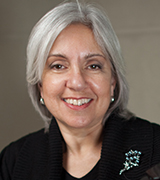
(retired)
Associate Professor, School of Communication Sciences and Disorders
- Assessment of developmental changes in chidren's ability to process complex sounds
- Central auditory processing disorders
- Effects of noise on academic skills and achievement

Associate Professor, Department of Anatomy and Cell Biology
- Multisensory processing and perception
- Brain plasticity following hearing loss
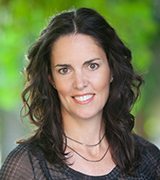
Assistant Professor, School of Communications Sciences and Disorders
- Pediatric audiology
- Infact hearing assessment and hearing loss management
- Early hearing detection and intervention (EHDI) programs
- Unilateral hearing loss in children
- Bone conduction hearing devices
- Best practice protocols
- Implementation science

Olivia (Daub) Bailey
Assistant Professor, School of Communication Sciences and Disorders
- Early hearing detection and intervention systems and services, particularly spoken language outcome monitoring and service evaluation (developing sustainable data collection and retention systems)

Assistant Professor, Department of Psychology
- Functional and structural consequences of hearing loss and restoration with a focus on crossmodal plasticity and multisensory integration
- Neural correlates of atypical sound salience attribution (Misophonia)

BJ Cunningham
Assistant Professor, School of Communications Sciences and Disorders
- Early intervention
- Implementation science
- Program evaluation and quality improvement

Assistant Professor, School of Communication Sciences and Disorders
- Connected hearing healthcare, ehealth, mhealth
- Virtual hearing aid care
- Aided outcome measurement
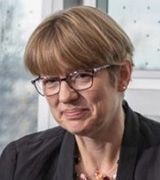
Professor, School of Communications Sciences and Disorders and Department of Psychology; Director, Brain and Mind Institute
- Knowledge-guided auditory perception
- Individual differences in cognition and how they predict speech intelligibility and listening effort

Professor, Departments of Medical Biophysics/Electrical and Computer Engineering
- Biophysics of the auditory periphery
- Imaging and image processing algorithms
- Individualized tuning of cochlear implants
- Machine learning for audiology
- Surgical training simulators

Associate Professor, School of Communications Sciences and Disorders
- Spatial hearing and effects of listening through auditory prostheses
- Vestibular and other multisensory contributions to dynamic spatial hearing and auditory spatial attention
- Applications of virtual acoustics in auditory and audiological research
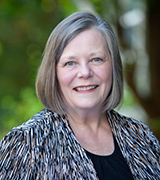
Associate Professor, School of Communications Sciences and Disorders
- Integrated Knowledge Translation
- Moving evidence into clinical practice
- Changing practice behaviour / implementation science
- Family support & education for children with hearing loss
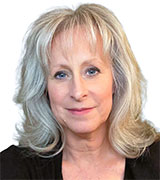
Professor, School of Communications Sciences and Disorders
- Neural, auditory, and cognitive underpinnings of language development and disorders in children
- Practice-based research to improve speech-language supports for preschoolers, with a special focus on hearing loss, autism, and other neurodevelopment disorders

Associate Professor, School of Communications Sciences and Disorders and Faculty of Engineering
- Speech and audio signal processing
- Electroacoustic measurements
- App development
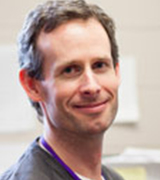
Professor, School of Communications Sciences and Disorders
- Physiological measurement of auditory function using speech evoked potentials

Professor, School of Communications Sciences and Disorders
Director, National Centre for Audiology
- Efficacy of hearing aid signal processing
- Outcomes for infants, children, and adults who use hearing aids
- Hearing aid verification strategies
- Simulation in education
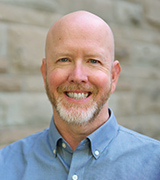
Jack Scott
Assistant Professor/Clinical Supervisor in Audiology, School of Communications Sciences and Disorders
- Tinnitus assessment and management
- Amplification and Cognitive Health
- Outreach and social justice in hearing healthcare
- Clinical Reasoning
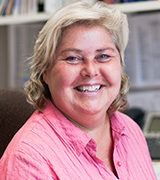
(retired)
Associate Professor, School of Communications Sciences and Disorders
- The audiotory phenotype
- Physiological measures of the human auditory system function
- Genotype-phenotype relationships
